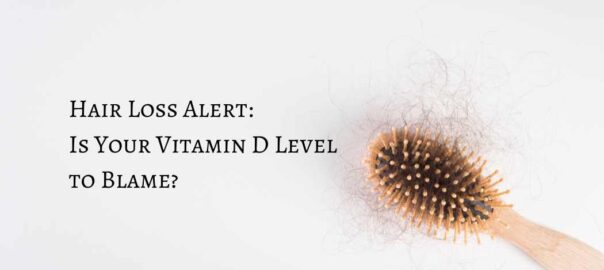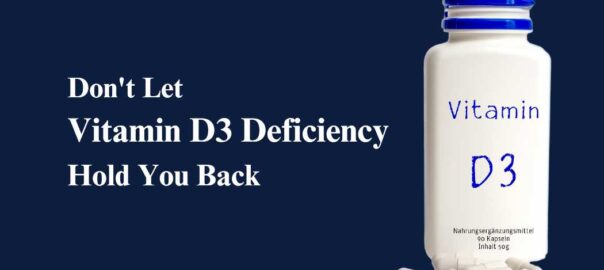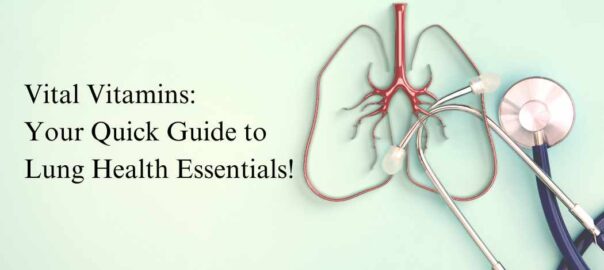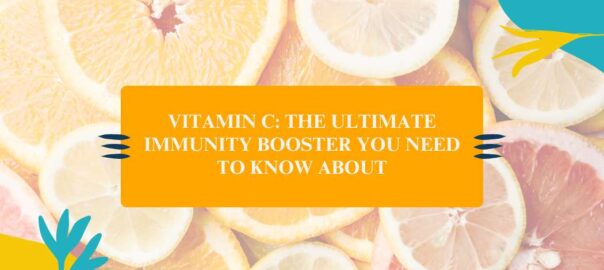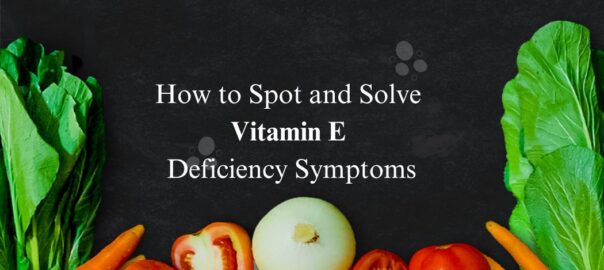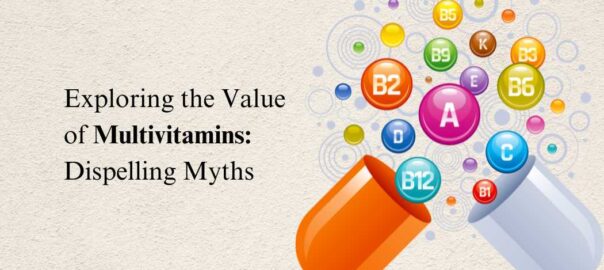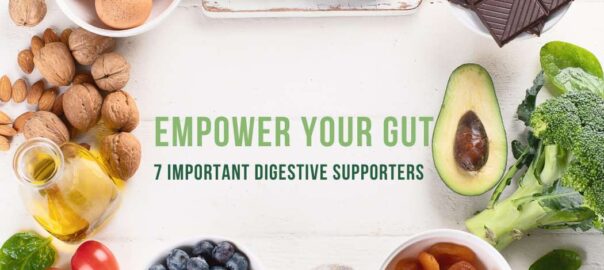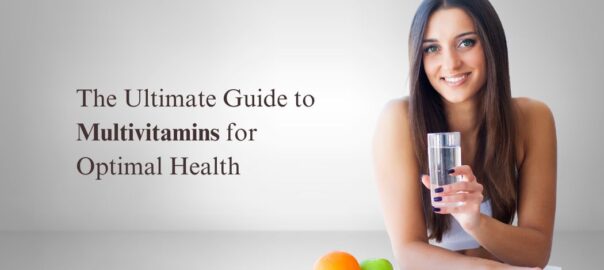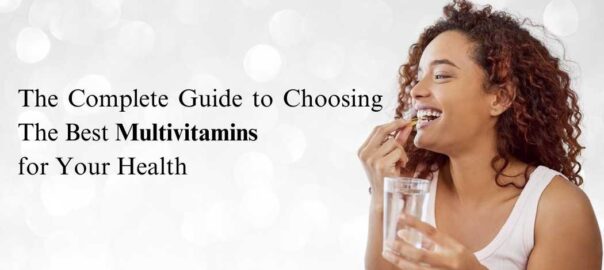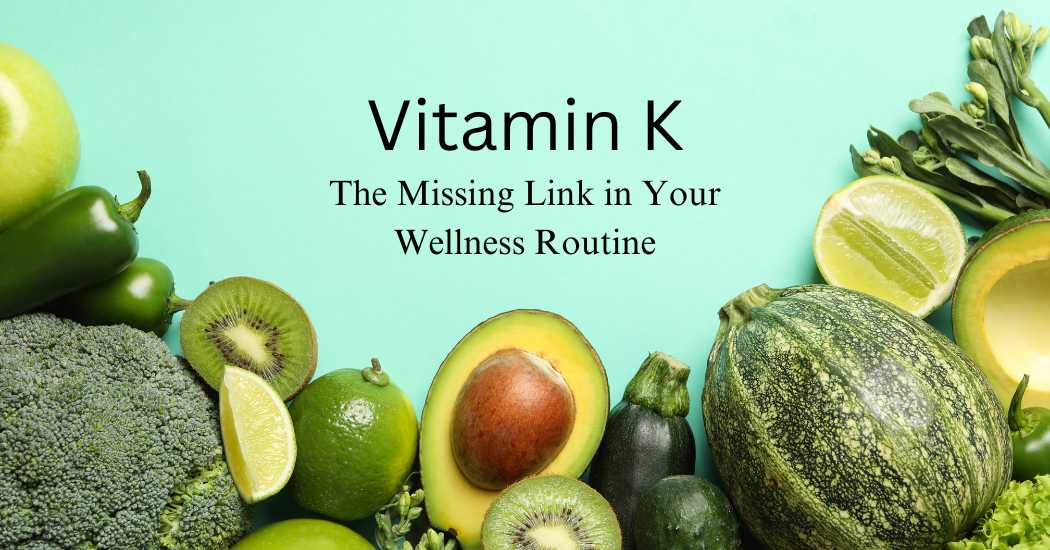
Introduction
Are you tired of feeling sluggish and rundown despite your efforts to maintain a healthy lifestyle? Have you ever considered that there might be a missing piece to your wellness puzzle? In the quest for optimal health, many people overlook the importance of Vitamin K. In this article, we’ll explore why Vitamin K is essential for your well-being and how you can ensure you’re getting enough of it in your daily routine.
Understanding Vitamin K
What is Vitamin K?
Vitamin K is a fat-soluble vitamin that plays a crucial role in blood clotting, bone health, and cardiovascular function. There are two main forms of Vitamin K: K1 (phylloquinone) and K2 (menaquinone).
Sources of Vitamin K
Vitamin K1 is primarily found in leafy green vegetables like spinach, kale, and broccoli, while Vitamin K2 is found in fermented foods, cheese, and certain meats. Additionally, your body can produce Vitamin K2 through gut bacteria.
The Importance of Vitamin K in Your Wellness Routine
Blood Clotting
One of the primary functions of Vitamin K is to facilitate blood clotting. Without adequate Vitamin K, your blood may not clot properly, leading to excessive bleeding and bruising.
Bone Health
Vitamin K is essential for bone metabolism and the regulation of calcium in the body. It helps ensure that calcium is properly deposited in your bones, which is crucial for maintaining bone density and preventing osteoporosis.
Cardiovascular Health
Emerging research suggests that Vitamin K may also play a role in cardiovascular health by preventing the calcification of arteries and reducing the risk of heart disease.
Are You Getting Enough Vitamin K?
Common Deficiencies
Many people are deficient in Vitamin K without even realizing it. Factors such as poor diet, certain medical conditions, and the use of certain medications can all contribute to Vitamin K deficiency.
Assessing Your Intake
To determine if you’re getting enough Vitamin K, take a closer look at your diet and lifestyle. Are you consuming enough leafy greens and other Vitamin K-rich foods? Are you at risk for Vitamin K deficiency due to underlying health conditions or medication use?
Incorporating Vitamin K Into Your Wellness Routine
Dietary Changes
One of the simplest ways to increase your Vitamin K intake is to incorporate more Vitamin K-rich foods into your diet. Start by adding an extra serving of leafy greens to your meals or snacking on fermented foods like sauerkraut or kimchi.
Supplements
If you struggle to get enough Vitamin K through diet alone, consider taking a Vitamin K supplement. Be sure to talk to your healthcare provider before starting any new supplement regimen to ensure it’s safe and appropriate for you.
Conclusion
In conclusion, Vitamin K is a vital nutrient that often goes overlooked in many wellness routines. From supporting blood clotting to promoting bone and cardiovascular health, Vitamin K plays a variety of critical roles in the body. By ensuring you’re getting enough Vitamin K through diet and supplementation, you can take an important step towards optimizing your overall health and well-being. So, why wait any longer? Start incorporating Vitamin K into your wellness routine today and feel the difference it can make!
“Remember, your health is an investment, not an expense.”
FAQ’s
The primary sources of Vitamin K include leafy green vegetables such as spinach, kale, and broccoli for Vitamin K1, and fermented foods, cheese, and certain meats for Vitamin K2.
Vitamin K plays a crucial role in bone metabolism by ensuring proper calcium deposition in the bones, which is essential for maintaining bone density and preventing conditions like osteoporosis.
Common signs of Vitamin K deficiency include easy bruising, excessive bleeding, and poor blood clotting. However, deficiency may often go unnoticed, making it important to assess your intake and consult with a healthcare provider if necessary.
While it’s possible to obtain Vitamin K through diet by consuming Vitamin K-rich foods like leafy greens and fermented foods, some individuals may require supplementation, especially if they have specific health conditions or dietary restrictions.
Vitamin K supplementation is generally considered safe for most individuals when taken as directed. However, it’s important to consult with a healthcare provider before starting any new supplement regimen, especially if you’re pregnant, breastfeeding, or taking medications that may interact with Vitamin K.

